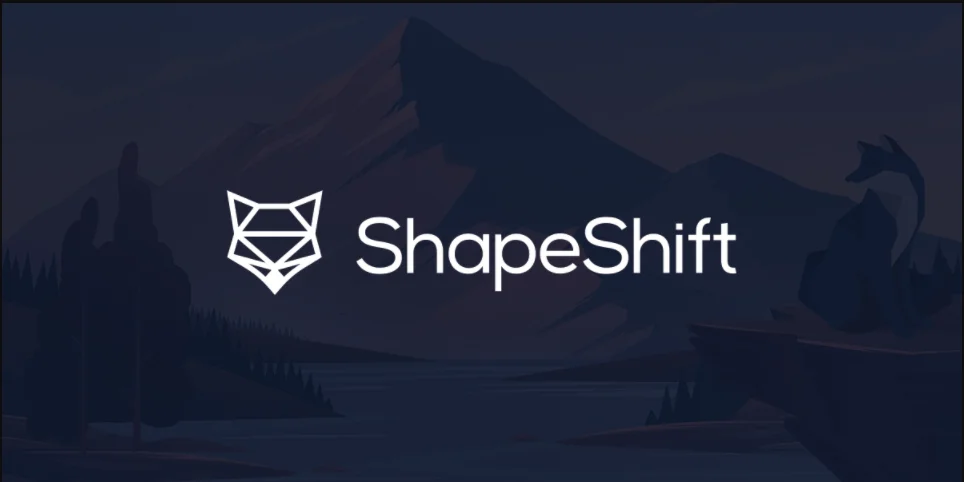ShapeShift has finished its second FOX token airdrop, called “fairdrop,” as part of a broader decentralization vow announced in July.

CEO Erik Voorhees defined full decentralization as a “iterative process” that can take years, according to a July interview with Cointelegraph.
ShapeShift revealed Tuesday that over 33,000 DAO community members received 6,613,000 FOX tokens as part of an airdrop. Due to their tokens being locked in staking or liquidity activities, these holders were previously ineligible for the airdrop payment.
On September 16, a proposal to change the token distribution method to include DAO community members received widespread support.
ShapeShift airdropped 340 million FOX tokens to over one million users in July, according to Cointelegraph, after the business revealed it was eliminating its corporate structure – an industry first — as part of a larger commitment to decentralization.
CEO Erik Voorhees defined decentralization as a “iterative process” in a follow-up interview with Cointelegraph, owing to the fact that some elements of a corporation are simpler to open source than others. ShapeShift has set up a foundation to manage the decentralization process as part of this approach.
As the open-sourcing process expands in the next years, this basis, according to Voorhees, will lose relevance. By then, ShapeShift will have evolved into an open-source, multi-chain self-custodial cryptocurrency platform for all users.
Satoshi Nakamoto, the pseudonymous founder of Bitcoin, popularized the concept of decentralization in a whitepaper published in 2008 that described the benefits of a peer-to-peer electronic payment system.
Many new blockchain initiatives have claimed decentralization, yet their operations have been closer to “shadow-centralization” in fact.
SEC Commissioner Hester Peirce recently warned that DeFi initiatives that do not fully embracing decentralization risk violating federal regulations. Peirce told The Defiant in an August interview, “
“If you want to be decentralized, you really need to be decentralized, and that is going to then put you in a different category from the perspective of regulators because that’s just not something that we’ve dealt with before.”
